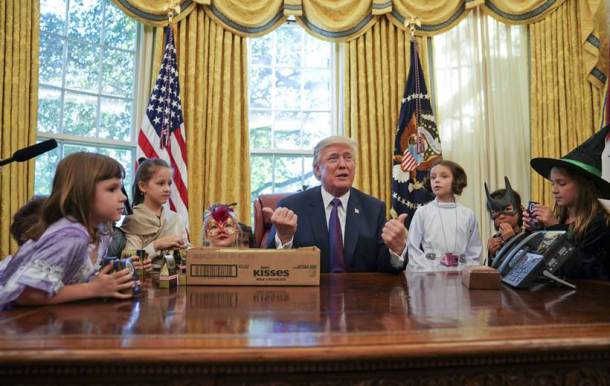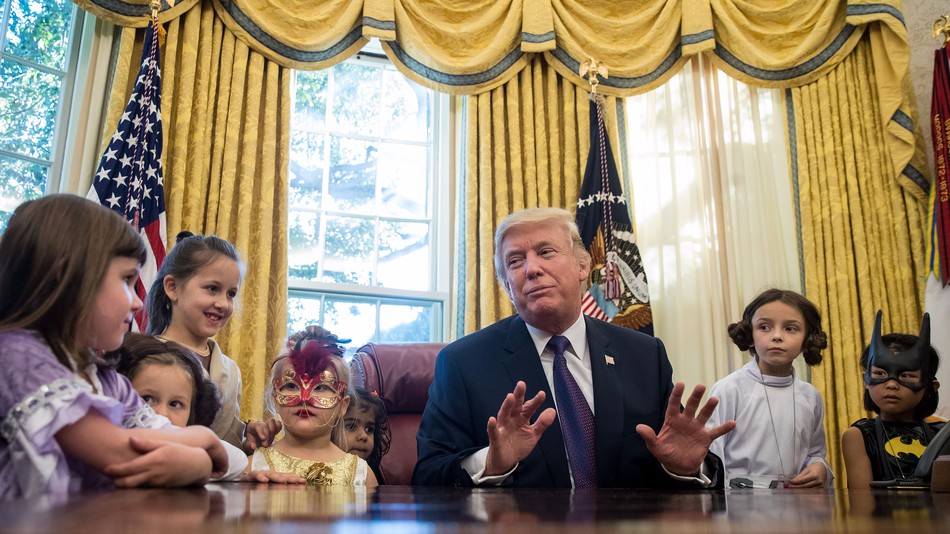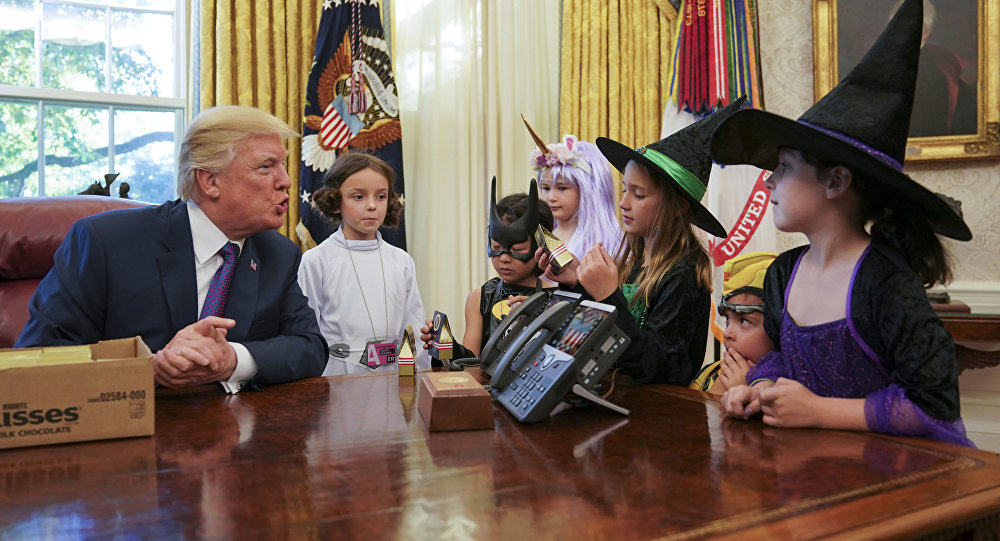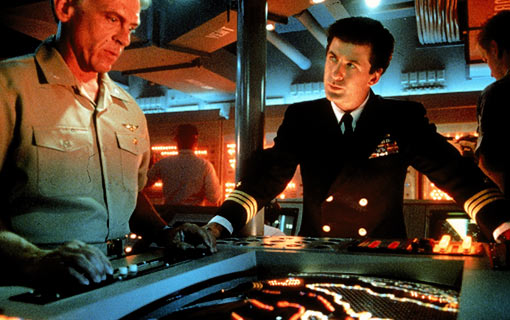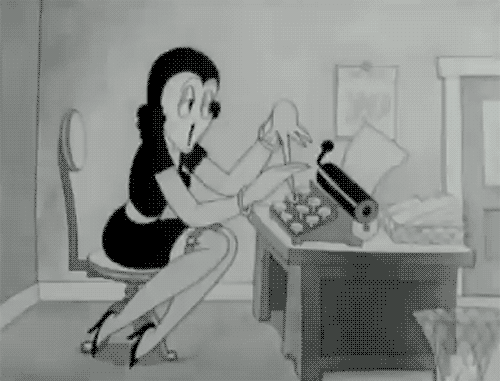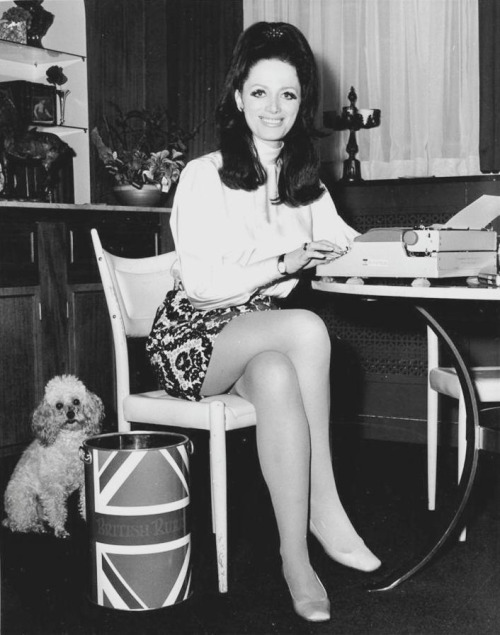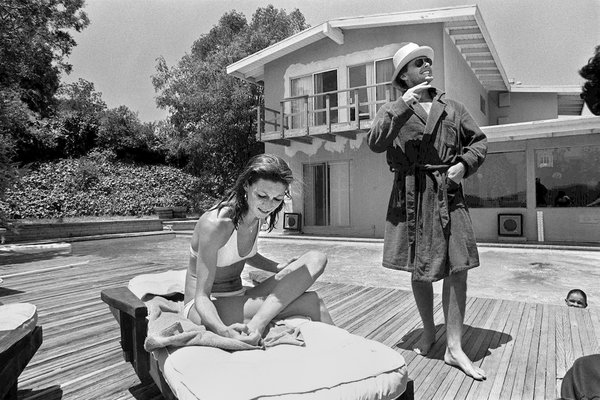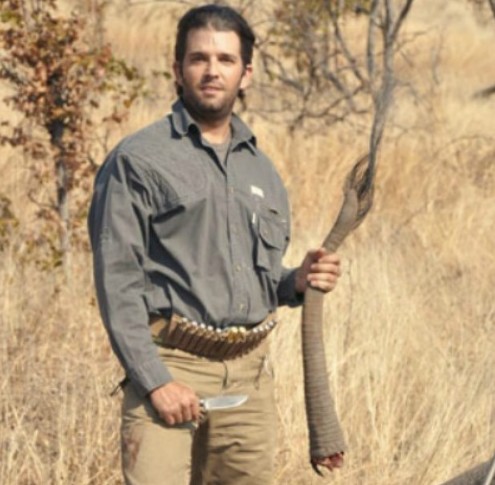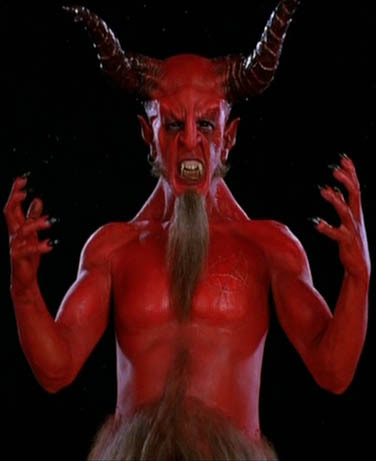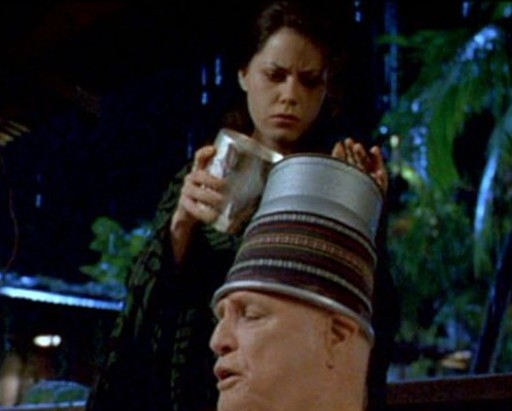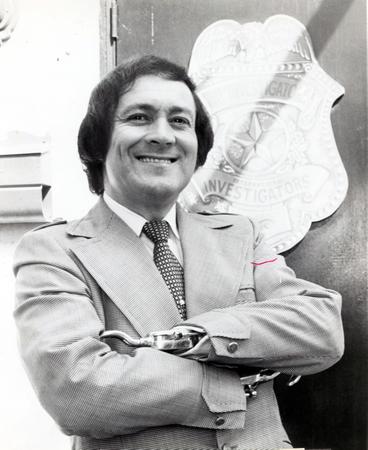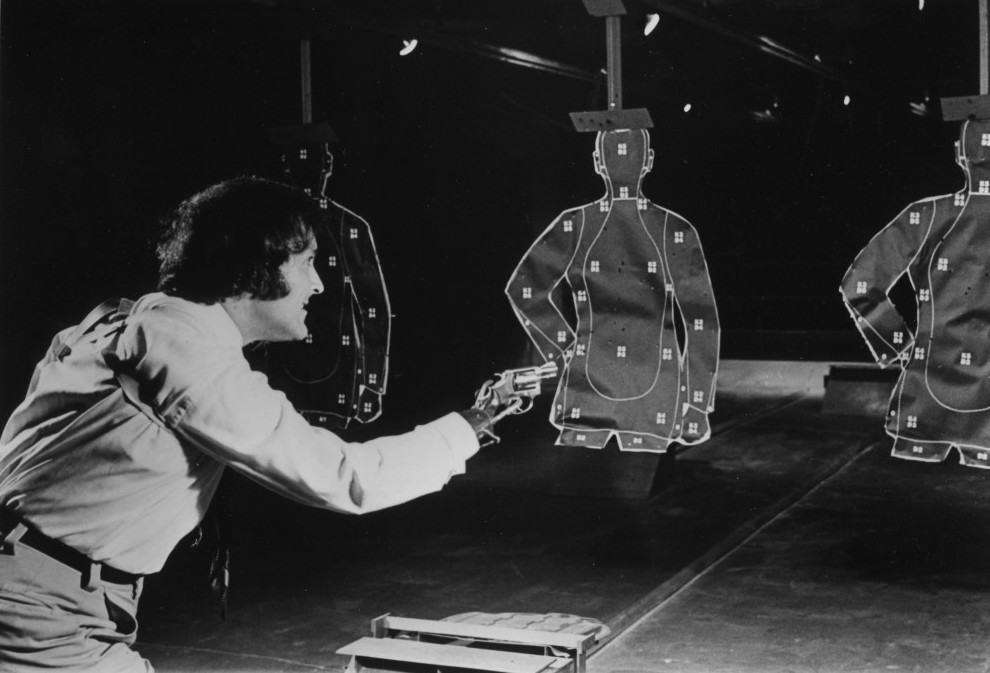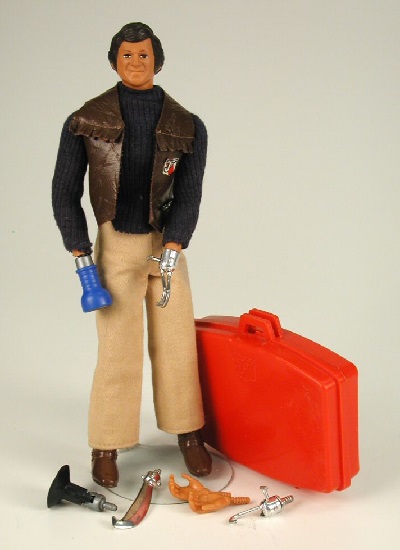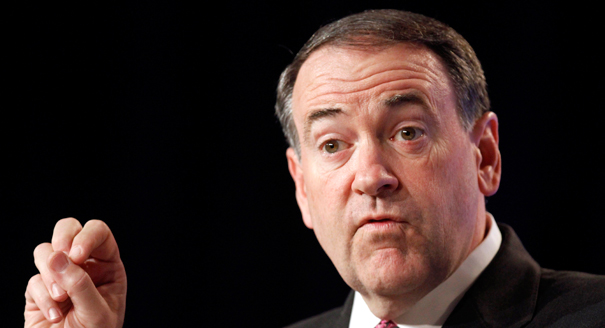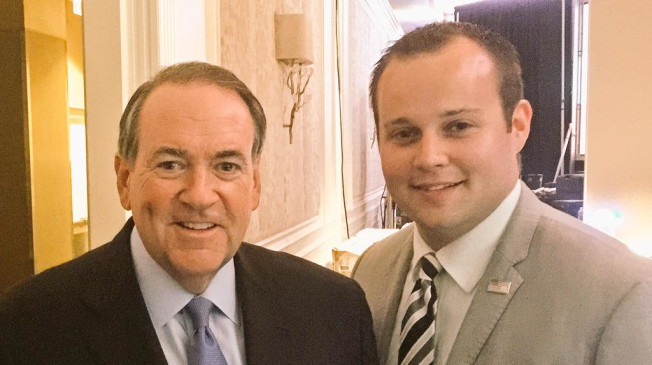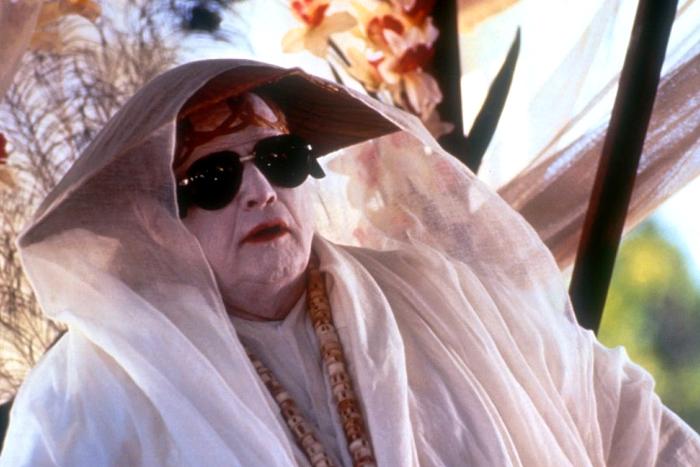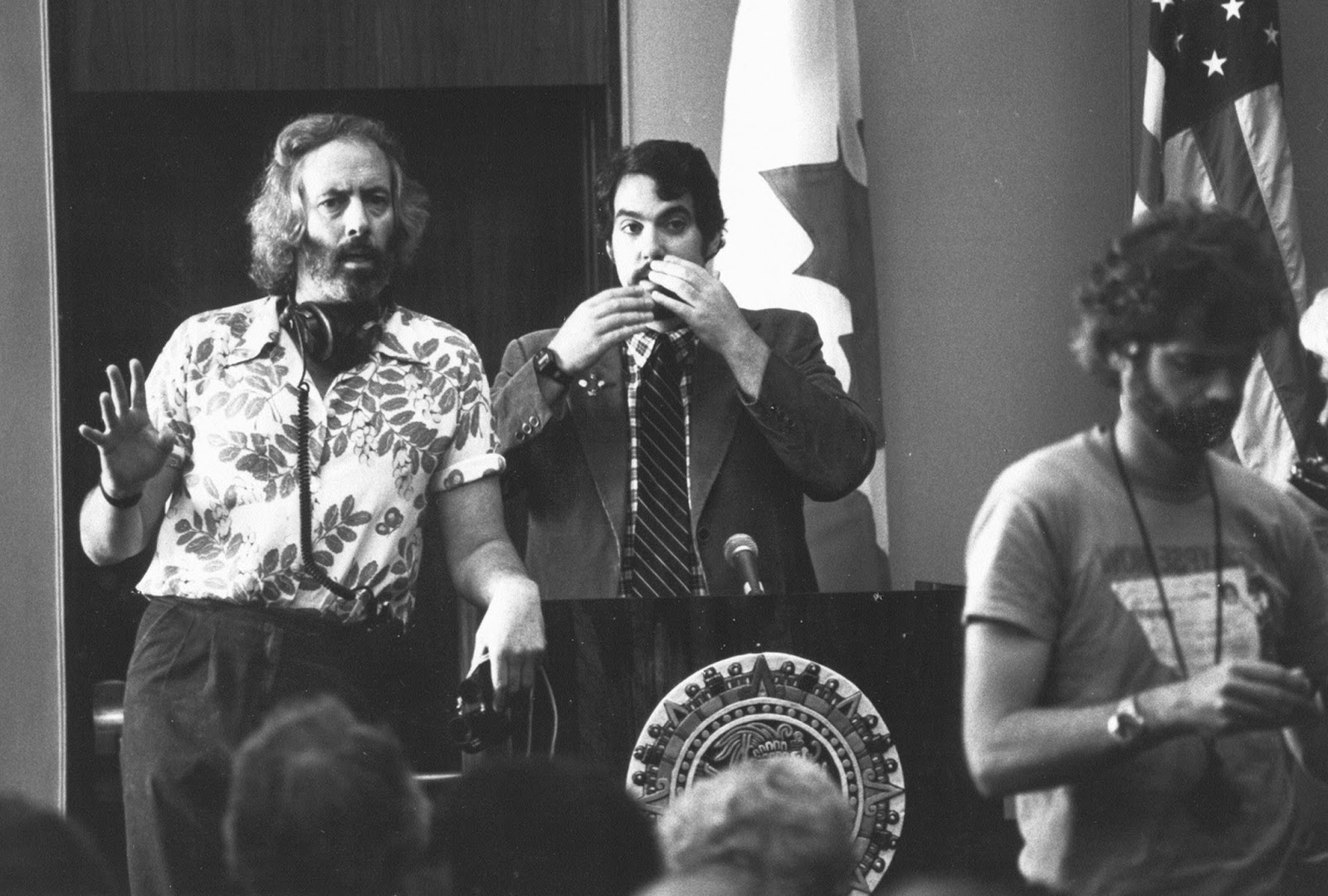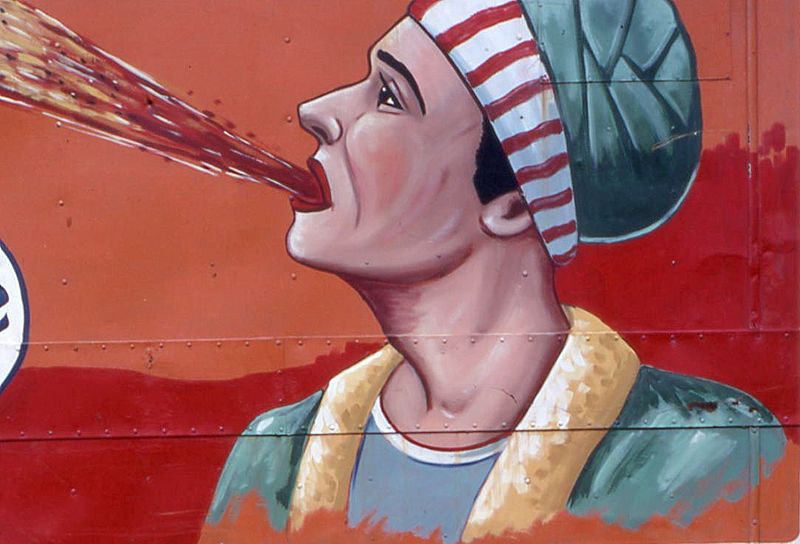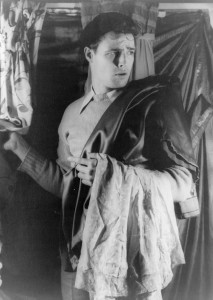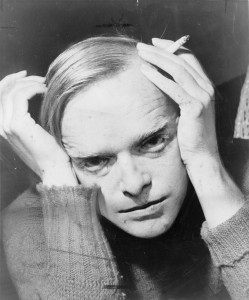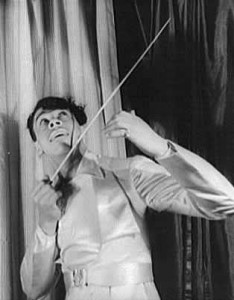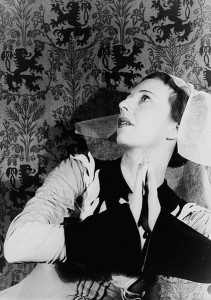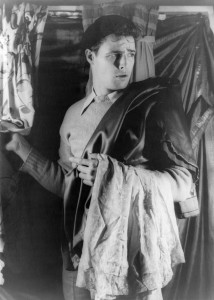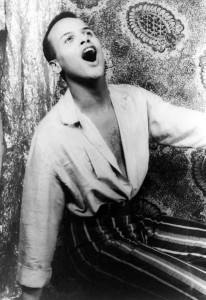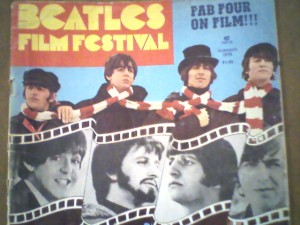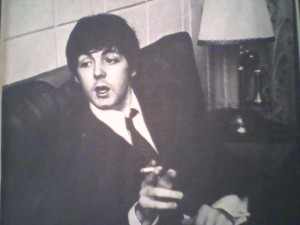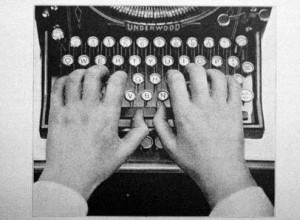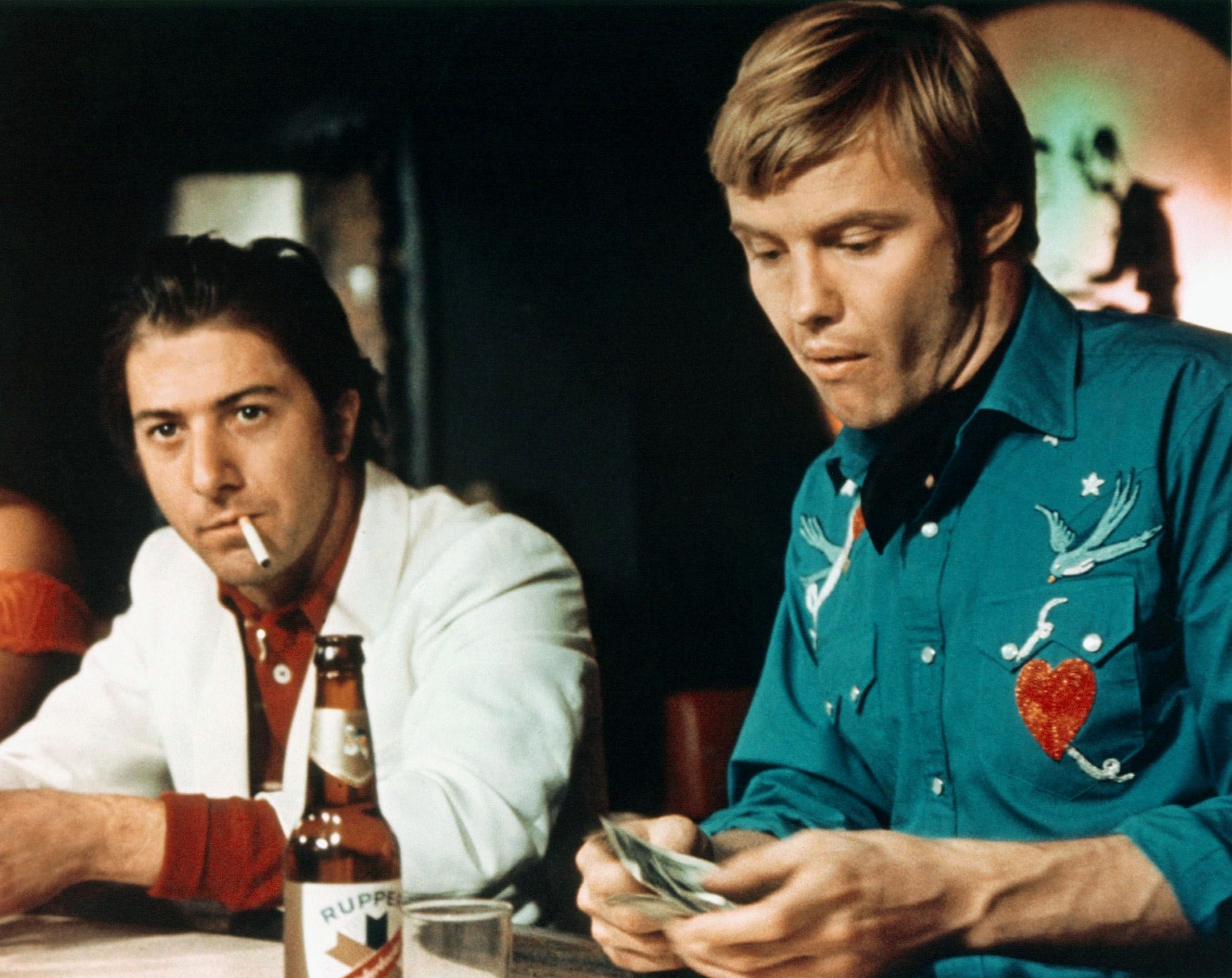
Jon Voight is at least two things in life: a racist a-hole and a brilliant actor. In the aftermath of David Frost’s death, when I was done sitting shiva, I got my hands on a copy of The Americans, a book of transcribed interviews from the TV presenter’s conversations with prominent U.S. citizens. (If you’re interested, there are quite a few 1¢ used copies at Amazon.) It features talks with all manner of accomplished Americans: Orson Welles, Tennessee Williams, Clare Booth Luce, Helen Hayes, Johnny Carson, Dennis Hopper, James Baldwin, etc. I think my favorite one is with Voight. In one exchange, he explains how he readied himself for Midnight Cowboy and responded to its astounding success. An excerpt:
“David Frost:
How long did you prepare yourself for the part in Midnight Cowboy?
Jon Voight:
I had read the book about five years earlier, so I just was sitting around thinking about it for a long time. It was probably the only part I really wanted to do. I turned down an awful lot of things. But finally when we got to it, and they gave me the role, we had a couple weeks’ preproduction shooting in New York. I had a week with a voice coach in New York, fellow by the name of J.B. Smith who did a lot of accents. And then I went down to Texas and I spent a week in Texas. And then when I came back, we rehearsed it for fourteen or eleven days, and then started shooting.
David Frost:
How much of you is there in the character in Midnight Cowboy?
Jon Voight:
I really don’t know. I think it’s very easy for me to be Joe Buck. It’s almost more comfortable for me to be Joe Buck now than it is for me to be me. I like him a lot. But he goes on his own steam, as a character does when it takes off.
David Frost:
What kind of experiences did you have in Texas?
Jon Voight:
Well, I did very cliché things in a way. I’d say, ‘I’m going out tonight to a bar, and I’m going to sit there and talk with the people.’ Now they have liquor bars in Texas, and then they have beer bars, and I went to a beer bar. And I sat there, and there was one guy sitting there, and somebody listening to the jukebox, and me. And I’m waiting for a conversation to start up so I can just maybe get into the accent a little bit. And half an hour goes by, and he doesn’t say anything. And we’re nodding to the music and tapping out a few things and looking at each other. ‘I’ll have another beer, please.’ He looks up at me. Like we had some kind of thing going. I don’t know what it was.
(Laughter.)
And then finally I said, ‘You in cattle?’ He said, ‘Oil.’
David Frost:
He ad-libbed.
Jon Voight:
Yeah. ‘Oil.’ ‘Oil, oh.’ ‘Yeah.’ Another half hour.
(Laughter.)
It was like that. I mean it was a whole night like that, see. And it was funny. We talked about the water.
(Laughter.)
I said, ‘The water’s hard here in this part of Texas.’ He said, ‘Yeah, it’s good for your second teeth, though.’
(Laughter.)
And then I went to a boot shop and worked there with a bunch of people, and I really got to love them.They knew that I was an actor in town and some of the local characters would stop by the boot shop in Stanton, Texas. They were terrific guys. They’d be these old guys that’d come in. They have nothing to do, see, and they’re just sitting by the drugstore up the street. And they’d come in and say something about the weather. They say, ‘The wind’s down.’
(Laughter.)
I can’t really represent them properly because they make jokes about the wind, and they’d come in with a little thing they had to say. And it was really sweet. Really nice people. And I talked with this fellow by the name of Otis Williams, who was maybe nearly seventy. He used to be a bronc buster in the rodeo. We talked for long periods of time, and he wanted me to go to a rodeo with him, and I wanted to go, but I knew that we had to leave shortly, and I didn’t think I was going to be able to make it. I found out later that he’d gotten tickets for me, and really was excited about the fact that I might go, and I feel kind of disappointed that I didn’t. Anyway, I was leaving that day, and I said, ‘Well, Otis, I’ll see you, I’m gonna go. You know, maybe I’ll be back in New York. Maybe I’ll come up and see the rodeo. I’d like to. But, you know, if I don’t, it’s been real good talking.’ So I walked out of the store, and I’m getting in my car. And Otis comes out of the shop with his saddle, and he’s walking away. And it’s like he wanted to say goodbye, because he probably knew that I wasn’t going to see him again, right?
So I walked over toward the car, and Otis walked this way and said, ‘Yep.’ And he looked at me and I said, ‘Yep.’ And we stood there for a long time. And he’s looking and trying to think of something nice to say. And I didn’t know what to say either, but here we were along in the street of this old ghost town of a place, this old cowboy and me. And I’m standing there, and he finally looks up and says. ‘There’s a lot of good horseflesh up there.’
(Laughter.)
It was really touching.
David Frost:
And good for your second teeth, too. Jon, what’s it been like after the fantastic success of Midnight Cowboy? You’ve become a sort of youth-sex, or sex-youth, symbol? Did the reaction knock you out when it first happened?
Jon Voight:
I suffered a lot of different reactions. When something like that hits, it hits very heavily for me. I was really unprepared for it. A lot of things happened. Like when I walk down the street, and somebody knows the work and understands it and likes Joe Buck maybe as much as I like him says, ‘Hey, terrific!’ And he walks on. That’s a great feeling.
I came in today to check something, and I walked out front, and a bus driver was driving by, and he said, ‘Hey, Joe! How you doing?’ I said, ‘Terrific!’ That kind of acceptance is really a nice thing to feel. But I’m an actor, and I feel that I have to keep trying other characters. Maybe Joe’s the only one I’ll ever feel that I ever fulfilled. But I just have to keep going and keep trying other things and getting interested in other things and trying to make those things work. I’ll succeed and I’ll fail and I’ll fool around a little bit.
David Frost:
You said something about when the movie first hit you almost wanted to hide.
Jon Voight:
Yeah, I did. I didn’t know what I could follow it with it was so big. I almost didn’t want to follow it. It says so many nice things that I really like, and it’s so powerful a movie. It’s like I want to take a break for a while. But I also want to prove that I’m fallible too. I was thinking of going back on the stage right away and just test my stage legs again. Somebody said, ‘Why don’t you do Streetcar, but I’m not right for it in many ways. I could build up to it, like I built up to Cowboy, and have a lot of fun doing it. I thought, why not? And then I thought, well, somebody’s going to say, ‘There he is. That’s Jon Voight. He’s a fifth-rate Marlon Brando’ And I’m going to say, ‘Hey! Wait a minute. Third-rate!’
(Laughter.)”
••••••••••
“Where’s that Joe Buck?”:

